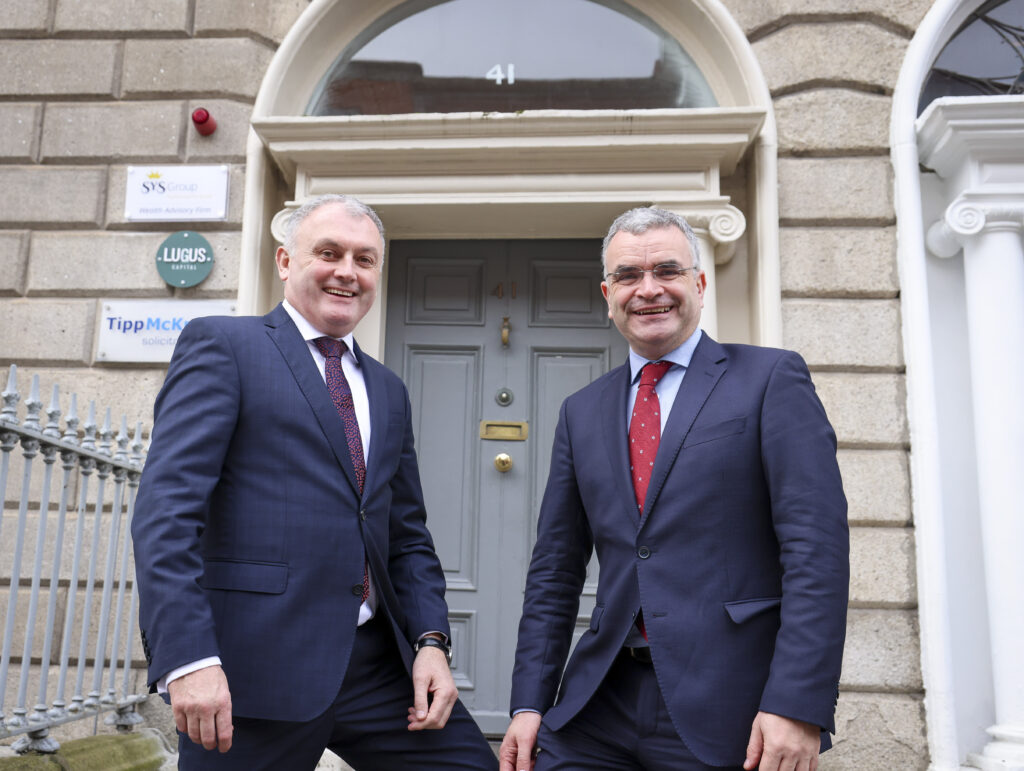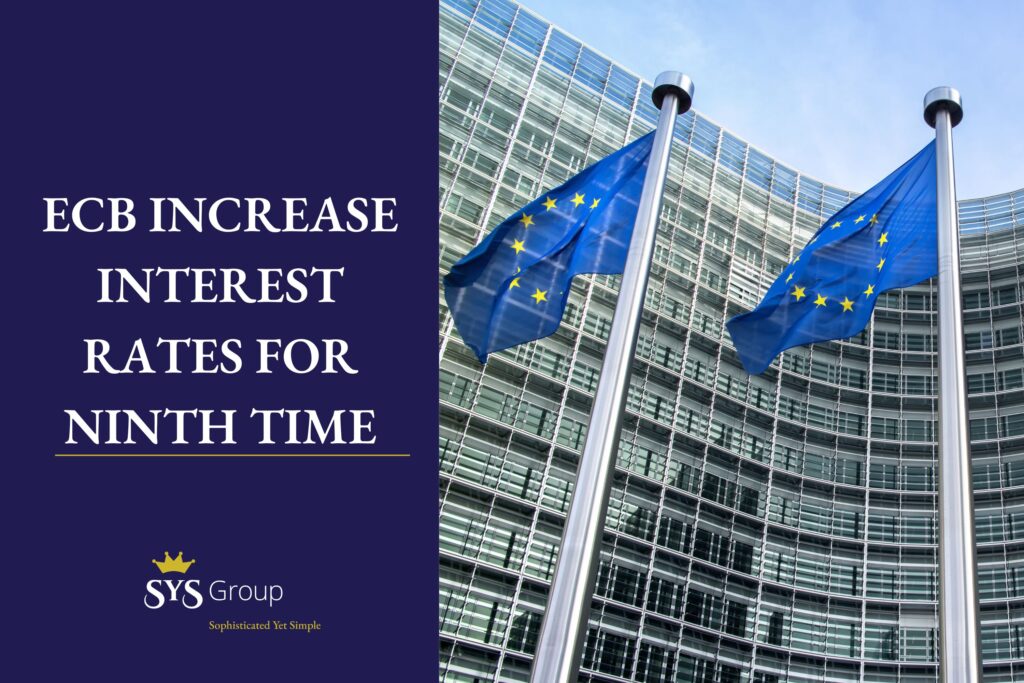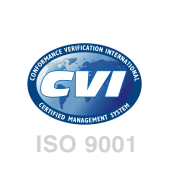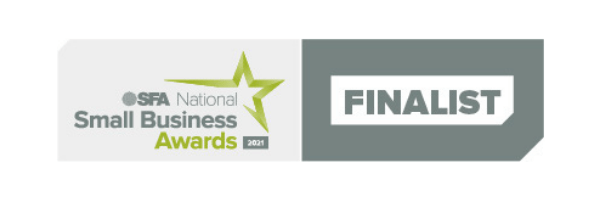Home / SYS Mortgages / First-time Buyer
If you’re a first-time buyer looking for a mortgage, we are here to help
Buying your first home can be an exciting but also an overwhelming time. It’s one of the most important financial decisions you will ever make and you probably have a lot of questions!
You will find some answers in this section but don’t worry if you have more questions. Our specialist mortgage brokers know the mortgage landscape inside out and are ready and waiting to support you through the process of getting mortgage approval for your first step on the property ladder.
Buy land, they are not making it anymore - Mark Twain
First-time buyer; what you need to know
Every lender must adhere to the Central Bank of Ireland lending criteria for first-time buyers. They are currently as follows:
✓ Maximum borrowing is 4 times your gross earned basic income. If there are two of you buying, then you can borrow up to 4 times your combined income.
✓ Maximum borrowing is 90% of the house purchase price. This is also known as 90% loan to value (LTV).
Please note that these are maximum figures, and it is the lower of the two that will dictate how much you can ultimately borrow.
Example 1 – If your earned income is €50,000, the maximum you could borrow would be €200,000. However, if the house purchase price is €180,000 then the maximum borrowing based on the loan-to-value (LTV) ratio is €162,000. In this example, the maximum you could borrow is the lower figure of €162,000.
Example 2 – Your earned income is €50,000 and your maximum borrowing therefore €200,000. The house being purchased is valued at €300,000. As you can borrow up to 90% of 300,000, the maximum borrowing would be €270,000. In this case, the maximum you could borrow would be €200,000 as this is the lower of the two figures.
We will need to be able to prove to the lender that you can afford the new monthly mortgage commitment. To demonstrate your repayment capacity to the lender, we need to show evidence via bank statement of the following over six months:
✓ Rent – Paid through standing order (ensure this is clearly marked as rent in the narrative).
✓ Consistent savings – Save the same amount weekly or monthly via standing order, with minimal or no withdrawals.
✓ Loan commitment – Show the ability to repay a loan, as long as it will be repaid in full prior to the mortgage being drawn down.
The answer is ‘longer than you think’! We like buyers to get in touch with us in advance of needing to make a mortgage application. This is because you may need to take some steps to get mortgage ready. We will help you with this by building a financial plan with you. Follow the plan and your mortgage application process will go much more smoothly.
The answer is, ‘it depends’. A fixed rate gives you certainty for however long the fixed rate term is – you’ll know exactly how much your mortgage will cost per month for that period. However, there is the risk that rates will fall and you could be stuck paying a higher rate than someone on a variable rate. Our advisers will talk through all the options with you and help you reach the right decision for you.
It is worth noting that the flexibility within a fixed-rate term differs among lenders. We can advise you on how the different lenders deal with, for example, over-paying your mortgage within a fixed-rate agreement or exiting the agreement before the end of the term.
We will be with you, every step of the way
Our goal to to help you reach the finish line having secured your home. We provide bespoke, specific advice tailored to each person. However, below are some general tips we recommend you should follow:
Do:
- Have your rent and savings easily identifiable on your bank statements.
- Carry out credit searches with the Central Bank of Ireland credit register www.centralcreditregister.ie. If there are or have been any issues with your credit status, be up front and tell your broker.
- Show you are in consistent long-term employment. In general but not always, changing employment before progressing a mortgage application could cause a delay with your application. We will be happy to advise you on this.
- Ensure you are comfortable with the proposed repayment amount before you commit to a mortgage. Remember that along with the monthly mortgage repayment you will also need to pay for mortgage life cover, house insurance and Local Property Tax.
- Visit the Help to Buy section on www.revenue.ie. The Help To Buy initiative is specifically to help first-time buyers who are buying / building a new home. If you have paid income tax or Deposit Interest Retention Tax (DIRT) in the last four years you could be eligible for a refund under the initiative which you can put towards your deposit.
- It is OK to have one-off expenses such as a wedding or education costs showing up in your statements.
Don't:
- Gamble regularly.
- Incur late payment fees or missed payment fees from your banks or financial institutions.
- Exceed your overdraft limit.
- Let the outstanding balance on your credit card creep upwards on an ongoing basis.
Expenses incurred in getting a mortgage
On top of the monthly mortgage repayment you will need to make when you draw down your mortgage, there are other fees and expenses you should be aware of:
You will need to demonstrate that you have those funds, whether through savings or financial gifts from relatives. Look into the government’s Help to Buy scheme, designed to help first-time buyers with their deposits. Obviously if you have more than 10% of the value of the house saved, then you will need to borrow less, and this is always good.
These are what a solicitor will charge for conveyancing, which is the branch of law concerned with the transfer of legal title from one owner to another. It is an essential part of buying property. Most solicitors will charge a flat fee, so you should shop around.
SYS charges a fee to cover preparation and the administration of the mortgage application. This is payable when we submit your application to the chosen lender. Full details are available in our Terms of Business.
As part of a loan application, most lenders will require a valuation to be carried out on the property on which you are seeking a loan. You can expect to pay between €150 and €180 for a valuation from the lender’s panel of valuers. Bear in mind that, depending on how long the process takes, you may need a re-valuation (approximately €65) as Central Bank of Ireland regulations stipulate that a valuation is valid for four months only.
A tax of 1% of purchase price (on the first €1m) is payable to Revenue.
Not an obligation unless the house is over 100 years old, or the valuer suggests that an engineer should examine the property and produce a report; however, it is advisable to verify the house is structurally sound before you progress with the purchase.
The cost can be anywhere from €300 upwards.
Help to buy
The Help to Buy (HTB) scheme is an incentive for first-time property purchasers. It will help you with the deposit you need to purchase or self-build a new house or apartment. You must purchase or self-build the property to live in as your home.
Learn more about the scheme at Revenue.ie or speak with a member of the SYS Group Mortgages team.
Latest News and Insights
Our consultants have written a variety of blogs, to help you to understand the nuances between different services. If you are still unsure about any service, please email us on info@sysgroup.ie or ring us on 067 57057
- 11th March 2024
- Posted in: Corporate, Financial Planning, Millennial Money Coach, Mortgages, News, Private
- 23rd January 2024
- Posted in: Corporate, Financial Planning, Millennial Money Coach, Mortgages, News, Private
- 23rd November 2023
- Posted in: Corporate, Financial Planning, Millennial Money Coach, Mortgages, News, Private
- 23rd October 2023
- Posted in: Corporate, Financial Planning, Millennial Money Coach, Mortgages, News, Private
- 28th July 2023










